If you missed Part 1, check it out here
Killer Joe (William Friedkin)

Killer Joe is an ugly, depraved movie that features a genuinely unsettling performance from Matthew McConaughey. Trust me, you’ve never seen him like this before — I won’t go into detail, but he does something with a chicken leg that many audience members will wish they could unsee. McConaughey is impressively convincing in the role, tapping into a dark side that I never knew he possessed.
The rest of the cast is terrific as well, especially Juno Temple and Thomas Haden Church. The dialogue is brilliant and frequently laugh-out-loud hilarious, even in situations that aren’t exactly comedic on the surface. The story is simple but effective, paying off tremendously in a brutal extended climax that’s edge-of-your-seat suspenseful. Squeamish viewers should stay far away from this one, but Killer Joe is a must-see for any cinephile whose taste skews toward the twisted.
The Lighthouse (Robert Eggers)
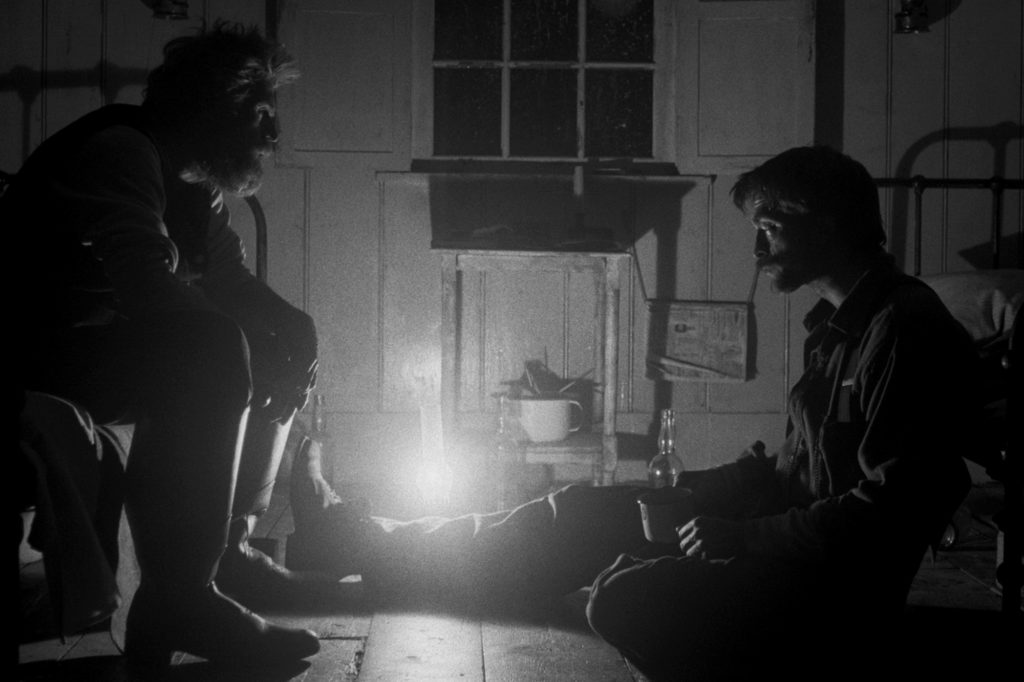
HAAAAARK!!! I’m sorry, I couldn’t resist — if you’ve seen Willem Dafoe’s epic monologue, then I’m sure you understand why. The Lighthouse is a cinematic experience that defies description, a film of unrelenting madness and strange beauty that never provides clear answers. It acts the way a dream does, pulling you into a situation that doesn’t totally make sense but feels vividly real while you’re in it.
Between this and The VVitch (more on that movie later), Robert Eggers has established himself as one of the most exciting directors in the business. Everything about this film is perfectly realized, from the borderline-Shakespearean dialogue to the breathtaking black-and-white cinematography. It’s all topped off by two award-caliber performances from a never-better Robert Pattinson and a truly magnificent Willem Dafoe. I can’t wait to see what Eggers does next.
Melancholia (Lars Von Trier)
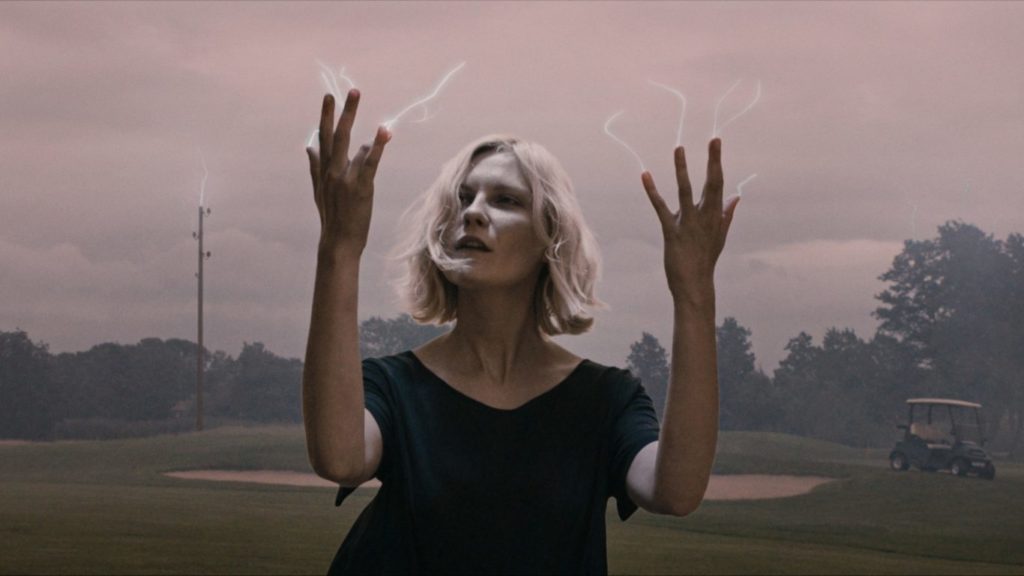
Lars Von Trier’s Melancholia begins with a series of surreal apocalyptic images in slow-motion set to Wagner’s “Tristan und Isolde.” It’s one of the most visually spellbinding starts to a film that I’ve seen, perfectly setting the tone for everything that follows. This is a slow and sad movie, one that many will consider a slog to get through, but anyone who’s suffered from serious bouts of depression or anxiety will relate to its themes.
Kirsten Dunst gives a career-best performance in this film as Justine, a woman who suffers from chronic depression to the point where she literally can’t will herself to move sometimes. Charlotte Gainsbourg is also excellent as her sister Claire, who tries to take care of Justine but clearly suffers from her own issues. The film focuses on their wildly different reactions to an impending astrological event and how these reactions impact their lives.
While Melancholia requires a fair amount of patience, the emotional payoff is spectacular. As is typical with Von Trier, it’s obvious that even the smallest details were carefully considered, ensuring the film will only grow in impact with additional viewings. If you’ve ever been so depressed that you felt like the world was ending, Melancholia offers a powerful catharsis that reminds you of what’s important.
Mother! (Darren Aronofsky)
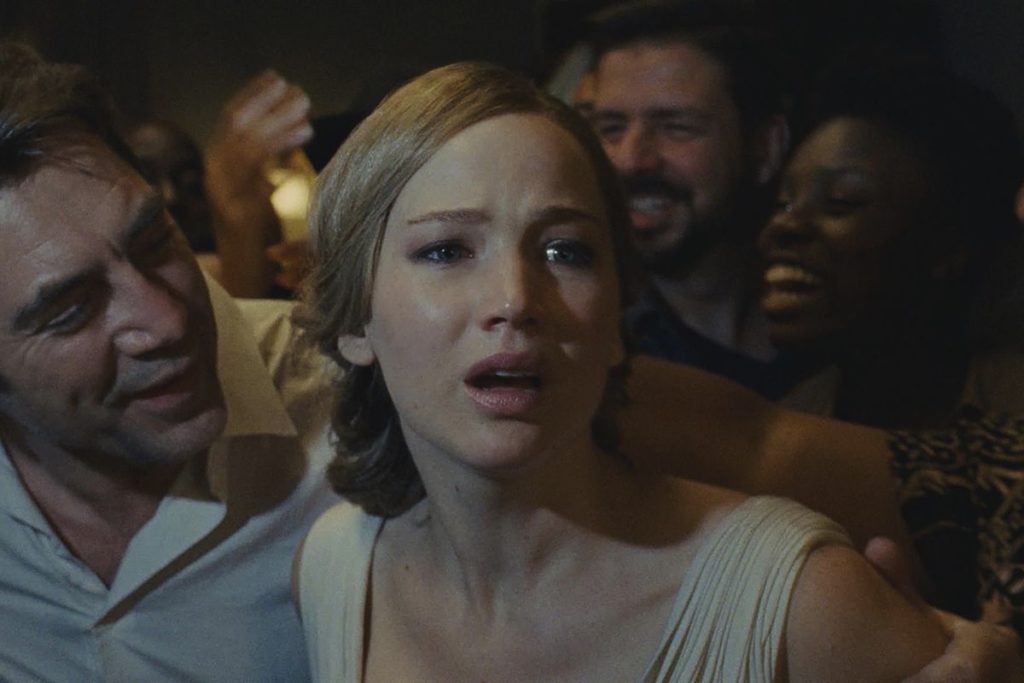
An anxiety-inducing nightmare of a film, Darren Aronofsky’s Mother! more than earns the exclamation point in its title. The movie works on multiple levels — you can appreciate it equally as an allegory about environmental pollution, a deconstruction of the bible, an examination of the relationship between artist and muse, or even just a really bad acid trip.
Don’t read anything else about this movie in advance — don’t even bother watching the trailer if you haven’t seen it. Mother! is an experience that undoubtedly works best when you go in blind. If you surrender yourself to the sheer power of Aronofsky’s filmmaking, you’ll be blown away whether you immediately understand the film or not.
Jennifer Lawrence delivers her best performance to date, with strong support from Javier Bardem, Ed Harris, and a scene-stealing Michelle Pfieffer. Most importantly, Aronofsky is at the absolute top of his game and ratchets the intensity up to 11 during the film’s unforgettable climax. Overall, Mother! is his best work since Requiem for a Dream and a strong contender for my favorite film of the decade.
Mr. Nobody (Jaco Van Dormael)
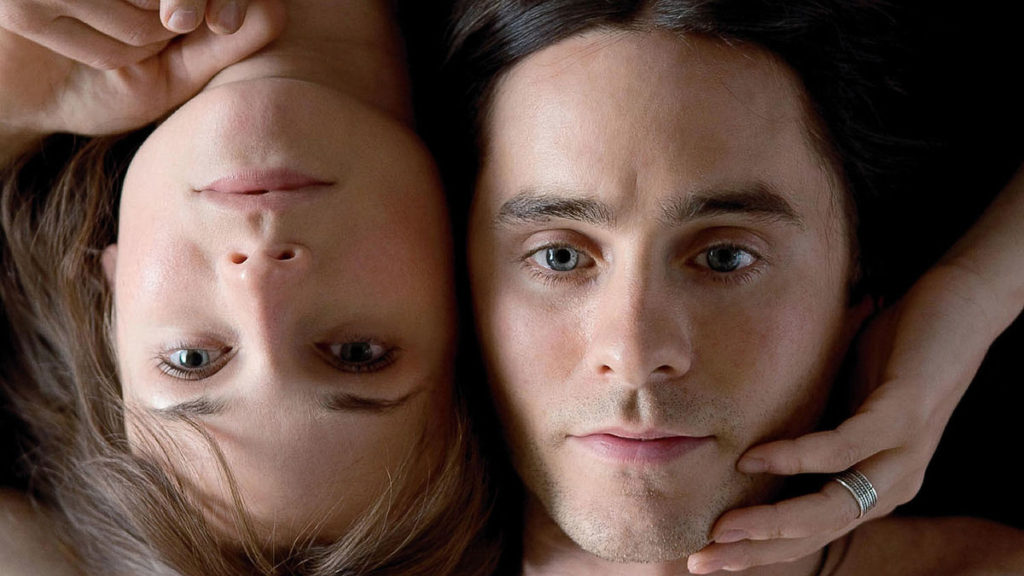
I’ve been championing Mr. Nobody for almost ten years now and it astonishes me how underappreciated the film remains to this day. It never even got a wide release in the US, which is truly a shame because I would’ve loved to see this movie on a big screen. But even at home, Mr. Nobody is a mind-blowing cinematic journey that stimulates your imagination like few movies can.
The story centers on Nemo Nobody (a terrific Jared Leto), the last living mortal on Earth in the year 2092. No one seems to know anything about Nemo’s past, so a journalist attempts to record his life story. However, this proves to be extremely difficult, as every story Nemo tells branches off into several conflicting resolutions that leave it unclear which story is the real one.
Some viewers may find the amount of ambiguity frustrating, but the film does eventually offer definitive answers if you’re paying attention. It’s such a dense and richly layered narrative that you may feel compelled to create a chart laying out all of Nemo’s various life paths chronologically. To be clear though, Mr. Nobody doesn’t require that level of effort to enjoy — it’s just especially rewarding for viewers who like to obsess over the details.
The clarity of Jaco Van Dormael’s sprawling vision is never in doubt and he doesn’t waste a single frame. His direction is aided by gorgeous cinematography, virtuosic editing, and one of the most effective soundtracks I’ve ever heard (fair warning, you’ll be humming “Mr. Sandman” for days). Perhaps most impressive of all, the central love story feels achingly authentic — I’ve rarely been so invested in a romance on screen. It all concludes with a surprising and emotionally complex ending that will leave you eager to experience the film again.
Nymphomaniac: Vol. 1 & 2 (Lars Von Trier)
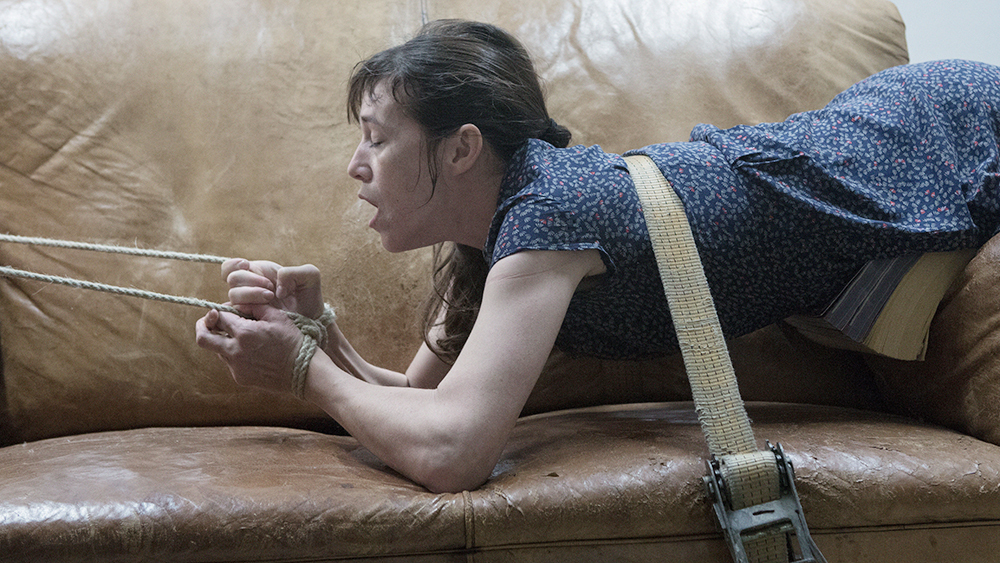
Without a doubt, Lars Von Trier’s Nymphomaniac is the least accessible film on this entire list — it’s five-and-a-half hours long when you combine the two volumes together and it depicts lots of graphic, unsimulated sex throughout. But please, don’t make the mistake of dismissing this brilliant work of art as pornography because it’s so much more than that. In fact, anyone watching this film for the purpose of erotic stimulation will be sorely disappointed.
The story begins with a simple set-up — reclusive loner Seligman (a never-better Stellan Skarsgard) discovers Joe (a soulful Charlotte Gainsbourg) badly beaten in an alley outside his house. After she refuses medical assistance, he brings her to his home for a cup of tea where she recounts her life story to him. The rest of the film focuses on Joe’s past, with the conversation between her and Seligman serving as a framing device throughout.
Joe calls herself a nymphomaniac and her stories are racy, to say the least — some of them are downright horrifying. But no matter how erotic the encounters, it’s always clear that her ravenous sexual appetite is nothing more than a desperate attempt to make her feel whole. And no matter how powerful the orgasm, her loneliness and sense of emptiness never subside. Seligman, a self-proclaimed asexual and lifelong virgin, is the perfect listener for her stories because he can comment on them honestly without being distracted by his own desires.
Believe it or not, this film is so masterful that I wouldn’t cut a second off the runtime. As always, Von Trier packs his film with symbolism and philosophical musings. He uses sex to examine the flaws of humanity as a whole, showing that we’re doomed to fall prey to our worst impulses over and over again. Not many viewers are likely to be on Von Trier’s emotional wavelength, but for the few who are, this is filmmaking at its finest – the most accomplished work from one of our most accomplished directors.
Parasite (Bong Joon-Ho)

The first foreign-language film to win Best Picture at the Oscars, Bong Joon-Ho’s Parasite actually lives up to the hype. If you’re someone who hates reading subtitles, make an exception for this one – it’s worth the effort.
Parasite pulls off the difficult feat of injecting provocative social commentary into a crowd-pleasing thriller. The first half of the film could be labeled as a dark comedy, an absurdist satire of class struggles. Then, it morphs into something much darker and more sinister before finally exploding with violence and tragedy. Bong and his terrific ensemble of actors handle every sudden tonal shift with ease, keeping you on the edge of your seat until the final shot. The result is a wild roller coaster ride of a movie that’s entertaining and thought-provoking in equal measure.
Seven Psychopaths (Martin McDonagh)
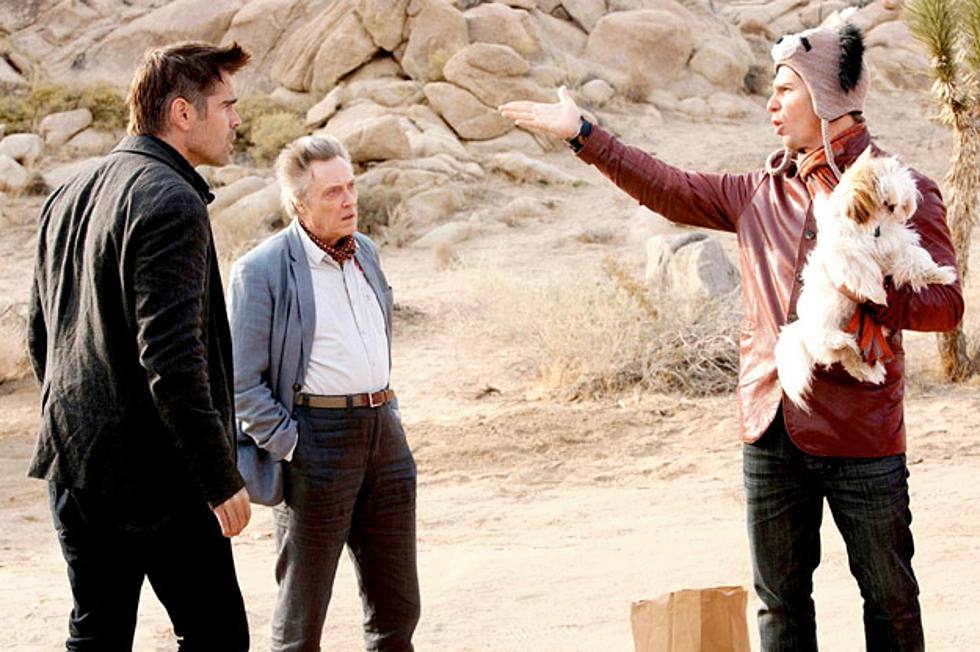
Though it’s probably the least acclaimed of his films, Seven Psychopaths is undoubtedly my favorite work from writer/director Martin McDonagh. With its absurd plot, hysterical dialogue, and unforgettable performances, this is an endlessly rewatchable movie that ranks among the most overlooked of the decade.
Colin Farrell leads the cast as Marty, an alcoholic writer who’s struggling to finish his screenplay. He’s forced to go on the run with his friends Billy (Sam Rockwell) and Hans (Christopher Walken) after they unwittingly kidnap a Shih-Tzu that belongs to a deranged mobster (Woody Harrelson). Tom Waits also joins the fun as a heartbroken vigilante who mysteriously carries a rabbit around.
All of this is just as weird as it sounds, but the film never asks you to take any of it seriously. While it’s certainly not a conventional comedy, Seven Psychopaths is filled with laugh-out-loud moments. It’s also quite twisted and violent, creating a delicate tonal balancing act that McDonagh never allows to falter. Most importantly, each actor is transformative in their respective roles, with Walken and Rockwell especially hitting new peaks.
Shutter Island (Martin Scorcese)

One of the more underrated entries in Martin Scorcese’s filmography, Shutter Island is a masterful mystery/thriller based on a novel by Dennis Lehane. Leonardo DiCaprio stars as U.S. Marshal Teddy Daniels, who’s assigned to investigate a patient disappearance at a mental asylum on Shutter Island. He’s assisted by Marshal Chuck Aule (Mark Ruffalo) and Dr. John Cawley (Ben Kingsley), the head doctor at the asylum.
Throughout the case, Teddy is haunted by memories of his wife Dolores (Michelle Williams), who was murdered by a mental patient named Andrew Laeddis. It would ruin the fun to reveal any more, as the mystery only deepens throughout the film, building to a jaw-dropping conclusion that’s nearly impossible to predict.
Scorcese channels his inner Hitchcock, creating an ominous mood that gradually increases in tension from the very first frame. It doesn’t fit into his usual style, but that doesn’t make his direction any less masterful. At the same time, DiCaprio delivers one of his best performances in a highly demanding role, baring every shred of emotion in this haunted character’s psyche. It’s yet another brilliant collaboration from one of the best director-actor teams of all time.
Spring Breakers (Harmony Korine)
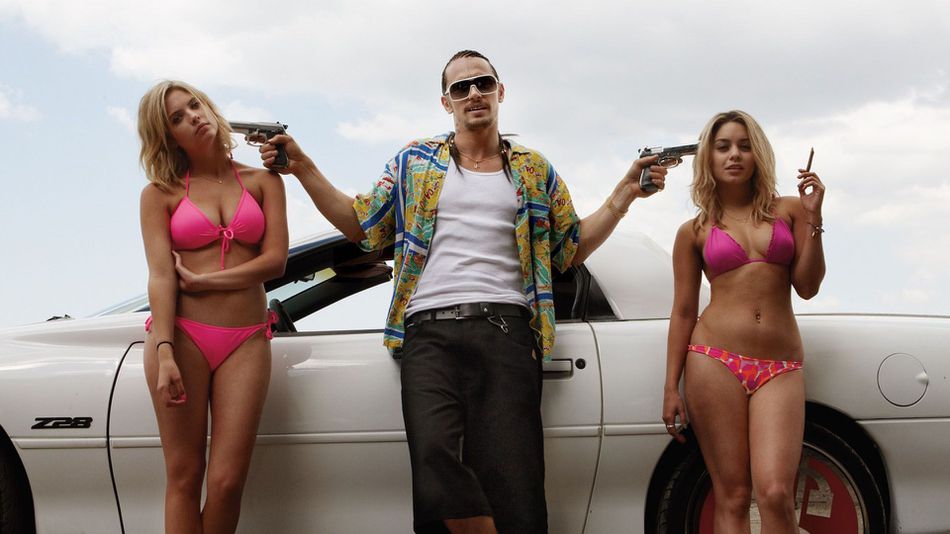
The first time I saw Spring Breakers was one of the strangest experiences I’ve ever had in a movie theater — I genuinely couldn’t tell if the film was brilliant or awful. However, a rewatch quickly convinced me it’s the former and subsequent viewings have only deepened my appreciation. In fact, Spring Breakers is one of the most original and culture-defining films of our time, though most audiences are unlikely to see it that way.
The key to appreciating this movie is understanding Harmony Korine and what he’s trying to accomplish as a filmmaker. Nothing if not unique, his works range from unforgettable (Gummo) to unwatchable (Trash Humpers). Spring Breakers is his masterpiece, allowing him to work with an A-list cast on a decent budget without sacrificing any of his independent spirit. If you’re familiar with Korine’s trademark of showing humans at their dirtiest, you’ll realize this movie isn’t a celebration of reckless partying and hedonism, nor is it a condemnation of it – he’d rather let the viewer form their own opinions.
Korine’s style is downright intoxicating, sucking the viewer deeper and deeper down the rabbit hole until it’s hard to remember where one scene ends and the next begins. Every frame is a stunning composition, bathed in pink and purple hues that make Florida look like a fairytale. And while I don’t care for the EDM music used in the soundtrack, it’s undeniably authentic and effective in the context of the film.
Vanessa Hudgens, Selena Gomez, Ashley Benson, and Rachel Korine are perfectly cast as four college girls who are willing to do anything to keep the party going. They’re believable, funny, sexy, and ultimately frightening. But the true star of this film is James Franco, who steals the whole movie as cornrowed rapper Alien. Franco’s performance is mesmerizing, creating an iconic portrait of a villain who’s both hilarious and menacing. He’s the unofficial mascot of a film that explores the dark side of party culture and what happens to people who never grow out of it.
Uncut Gems (Josh & Benny Safdie)
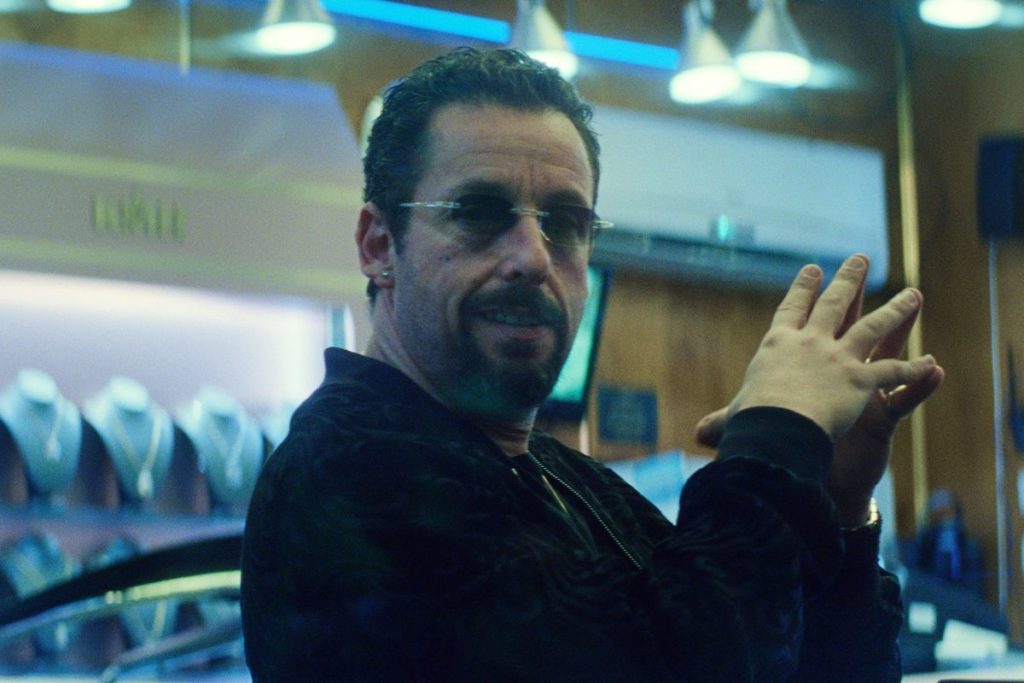
Uncut Gems is a cinematic panic attack sustained for two hours and fifteen minutes, a disorienting swirl of noise and chaos that will send many audience members running out of the room. But if you’re on the Safdie brothers’ wavelength, this is a masterful character study and slice of New York life that will pin you to the edge of your seat.
Adam Sandler is nothing short of brilliant as Howard Ratner, a Diamond District shop owner who has a tendency to lose money that’s not really his. His careless decisions and selfish actions will make you want to yell at him through the screen, yet you can’t help but root for the guy and hope he turns it around.
The pace is unrelenting, aided by crisp editing and a wonderfully cacophonous score by Daniel Lopatin. The script feels like it was improvised on the spot at first, until closer analysis reveals how tightly plotted and constructed the film really is. It all resolves in a brutal ending that elevates Uncut Gems to instant classic status.
Upstream Color (Shane Carruth)

Shane Carruth’s Upstream Color may be the most difficult film to describe on this whole list. Certainly, the plot is far too abstract to summarize and it’s best to discover the narrative for yourself anyway. All I can say is that it focuses on a man and woman who are drawn into the life cycle of a strange parasite, which begins to influence their lives in mysterious ways. It’s a rare original love story with elements of science fiction and surrealism blended in.
Working on a minuscule budget, Carruth displays an innate talent for creating memorable imagery — things we see every day, like a blooming flower or a flock of birds, become mesmerizing through his lens. He also composed the film’s haunting and gorgeous score, an ambient masterclass that combines with the striking cinematography to produce moments of spine-tingling transcendence.
Sadly, Carruth hasn’t made another film since Upstream Color, citing lack of financing as the primary reason. While I’m not surprised studios aren’t eager to green light a work like this, there needs to be room in the marketplace for challenging films that don’t coddle the viewer. I can’t pretend to understand everything that happens in Upstream Color, but I know for sure that it’s a powerful and moving experience — what else really matters?
Waves (Trey Edward Shultz)

One of the most emotionally moving films of the decade, Waves is a bold cinematic experiment that offers profound insights on forgiveness and how to deal with loss. Kelvin Harrison Jr. and Taylor Russell are both outstanding in breakthrough roles, while Sterling K. Brown, Lucas Hedges, and Renee Elise Goldsberry provide strong support. Together, this ensemble helps to elevate what could’ve been just another family melodrama into a unique and impactful film.
Also key to the film’s success is the stunning, vividly colorful cinematography that occasionally veers into psychedelic territory. A perfectly-curated soundtrack is the cherry on top, with a haunting score from Trent Reznor and Atticus Ross blending into unforgettable needle-drops from Animal Collective, Frank Ocean, Radiohead, and many more. For sensory immersion and emotional catharsis, few films can match the highs of Waves.
The VVitch (Robert Eggers)
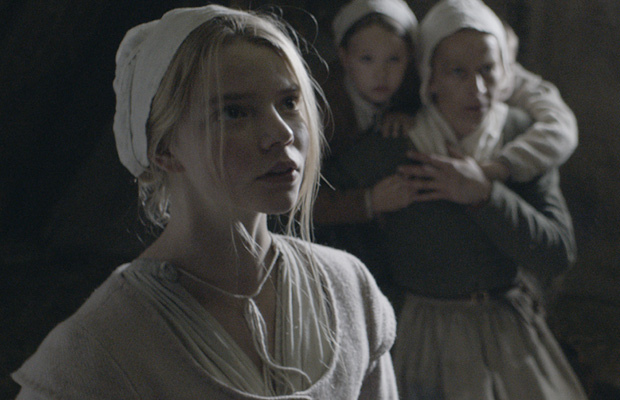
Most directors don’t knock it out of the park on their first try — Quentin Tarantino’s Reservoir Dogs and Darren Aronofsky’s Pi come to mind, but those are rare exceptions. That’s why I’m so excited to see what the future holds for Robert Eggers, who crafted a nearly-perfect film for his directorial debut.
The VVitch is set in 1630s New England, focusing on a family of English settlers who are banished from their Puritan colony over a religious dispute. Life doesn’t go well for them in their new home and a series of distressing events that I won’t spoil leads them to suspect a witch is responsible. Unsurprisingly, blame is quickly turned on Thomasin (Anya Taylor-Joy), the eldest daughter whose budding transformation into womanhood makes the whole family uncomfortable.
With the help of gorgeous cinematography and painstaking production design, Eggers fully immerses his audience in the 17th century. A chilling score of screeching strings and ghostly choral passages also helps to set the mood. The cast is uniformly excellent, with Taylor-Joy’s breakthrough performance the clear standout. All of these elements help bring Eggers’s singular vision to life, resulting in a powerful and thought-provoking horror film with a bone-chilling conclusion that will leave you speechless.
The Wolf of Wall Street (Martin Scorcese)
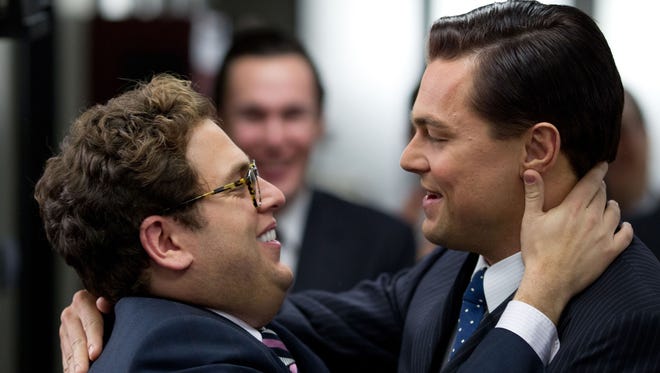
There have been many films about the greed of stockbrokers, but none are as alternately appalling and hilarious as Martin Scorcese’s The Wolf of Wall Street. It’s based on the true story of Jordan Belfort, who manipulated gullible clients into paying premium rates for worthless penny stocks, earning himself a fortune in the process.
The film tracks Belfort’s rise and fall from his early years studying under Mark Hannah (a priceless Matthew McConaughey) to his glory years presiding over Stratton Oakmont with his right-hand-man Donnie Azoff (a never-better Jonah Hill). Leonardo DiCaprio stars as Belfort in the performance of a lifetime, showcasing a previously untapped talent for comedy to go along with his obvious dramatic skills. The sequence where he attempts to drive his car while fried on quaaludes will go down in film history as an iconic example of physical comedy.
American audiences can also thank The Wolf of Wall Street for introducing us to Margot Robbie, who makes a sensational debut as Jordan’s superficial trophy wife Naomi. Rob Reiner, Kyle Chandler, and Jean Dujardin are all great in small roles as well. Most importantly, Scorcese is at the peak of his powers, infusing his signature style and energy into a three-hour epic that never slows down. Few directors are still making movies in their seventies, but Scorcese continues to expand the possibilities of cinema with every new project.
